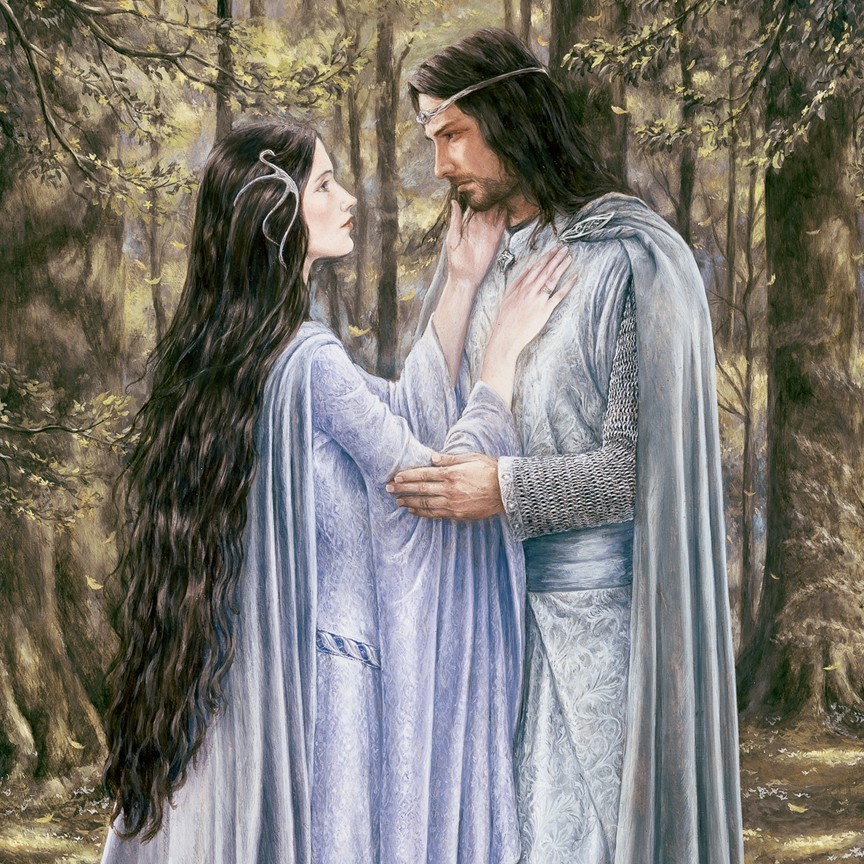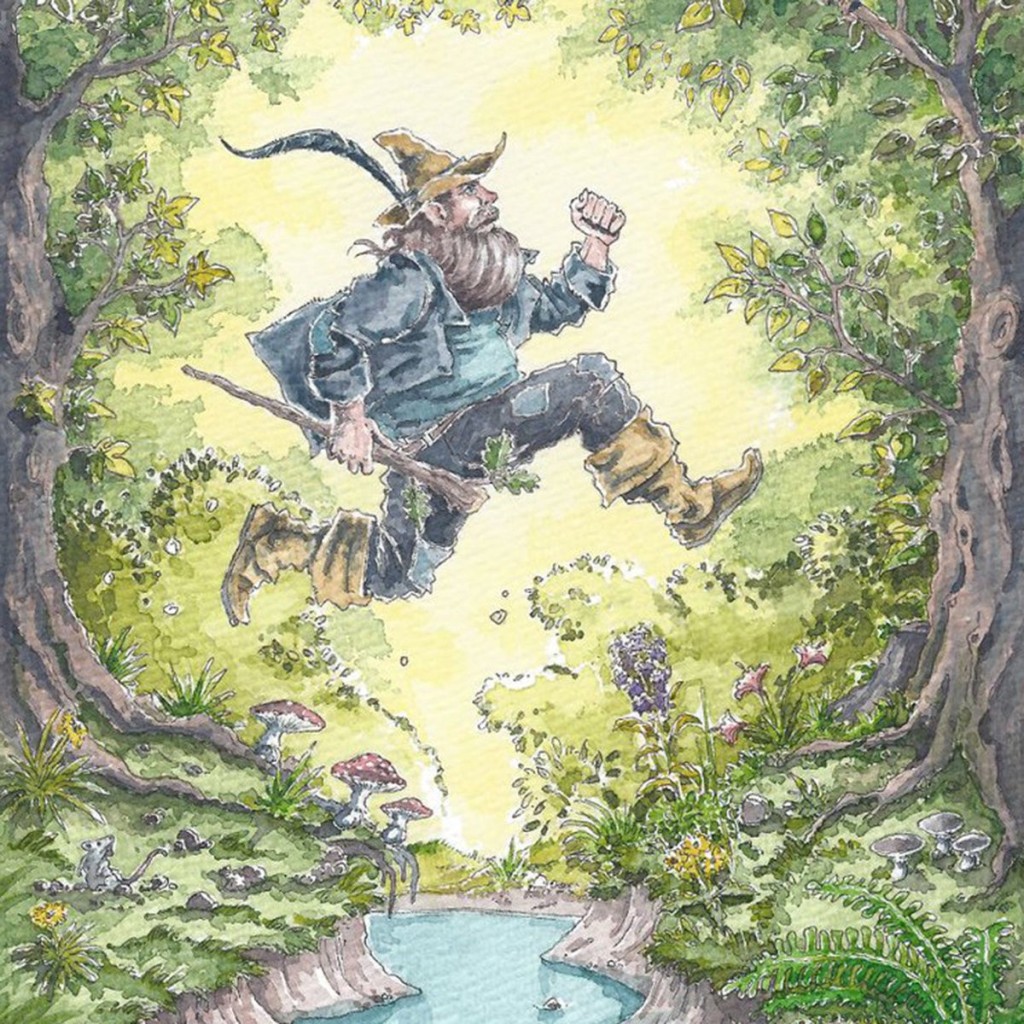The Two Towers by J.R.R Tolkien (Harper Collins 1991, 2007) pp. 830-842
The opening of the chapter that Tolkien entitled, The Black Gate is Closed, opens with the words “Before the next day dawned their journey to Mordor was over”. Readers will know as they read these words that much of the book lies still before them but to Frodo, and even to Sam, as they gaze upon the Black Gate in all its impregnable strength the journey has come to an end.

The Morranon, the Black Gate of Mordor.
And it is a bad end. It is clear to them both that there is no way into Mordor here and that what lies ahead of them is death or capture. Surely here Tolkien is thinking about the dull quiet that would fall in the hearts of men just before they went “over the top” of their own trenches into the “no man’s land” that lay between them and the enemy trenches. Even the distance between them and the Gate, Tolkien describes it as being “but a furlong from their hiding place”, or 220 yards, or two hundred metres, just the kind of distance that it often was between the two sets of trenches on the Western Front. Such a distance would take only a couple of minutes to walk briskly and yet the possibility of even reaching the enemy trenches without being either killed or wounded was small. To each man at such a moment there would be the sense of journey’s end. This at least is how Sam feels and it is through Sam’s eyes that we now see the story as it unfolds.

No man’s land. The short but deadly distance between two sets of trenches.
But now Gollum speaks, pleading with the hobbits not to go this way, not to take the Ring to Him, but to go back home, perhaps even “to give it back to little Sméagol”.
Frodo is absolutely firm that he must do as he has promised and so must go to Mordor and as Sam looks at the man that he both loves and calls, master, all hope dies in his cheerful heart. Long ago, or so it now feels, Tom Bombadil told the hobbits to keep up their “merry hearts”, and Sam has done so, both for him and for Frodo, but now the journey is ended.
But not for Gollum. He speaks of “another way” and pleads with Frodo to listen to him. We might think that in the face of the impossibility that this way, the short walk to the Black Gate, is going to lead to anything but death or capture, that Frodo and Sam would grasp any other possibility with greedy hands but they are so firm in their resolve, and for Sam at least, so untrusting of their guide, that they cannot believe that “another way” can possibly exist.
Sam, at least, does not trust anything that comes from Gollum’s mouth, for Gollum is Sam’s shadow in the starkest sense. Where Sam is loyal and trustworthy Gollum is treacherous. Where Sam is straightforward Gollum is sly. Sam detests him, even nursing the thought in his heart that death might be preferable to any more time in Gollum’s company.
Sam also fears what he calls Frodo’s softheartedness. “He’s as wise as any, but he’s softhearted, that’s what he is.” Sam holds two entirely contradictory beliefs about Frodo in his heart at exactly the same time without any sense that they do contradict. On the one hand Frodo is “as wise as any”, with the possible exception of Gandalf or Bilbo, and there is a sense in which this is true. Both Elrond, Galadriel and Gandalf, too, recognise that Frodo is worthy to undertake his task, that it is more than sheer accident that he is the Ringbearer. But while Sam believes this too, he also believes that Frodo is softhearted, a quality that he loves, and confuses this with softheadedness. It is a mistake that many make and so he is shocked when Frodo displays a very hard head indeed.
Frodo makes it quite clear to Gollum that he heard him when he spoke of giving the Ring back to “little Sméagol”. And he tells him that he will never possess the Ring, ever again, that at the last, he would put on the Ring and if he, “wearing it, were to command you, you would obey, even if it were to leap from a precipice or to cast yourself into the fire”. Is this a prophecy on Frodo’s part? Is this what happens at the Cracks of Doom? As Ringbearer Frodo’s heart, and most certainly his head, is capable of a flinty resolve that shocks even Sam, and terrifies Gollum.

“Or to cast yourself into the fire”.























